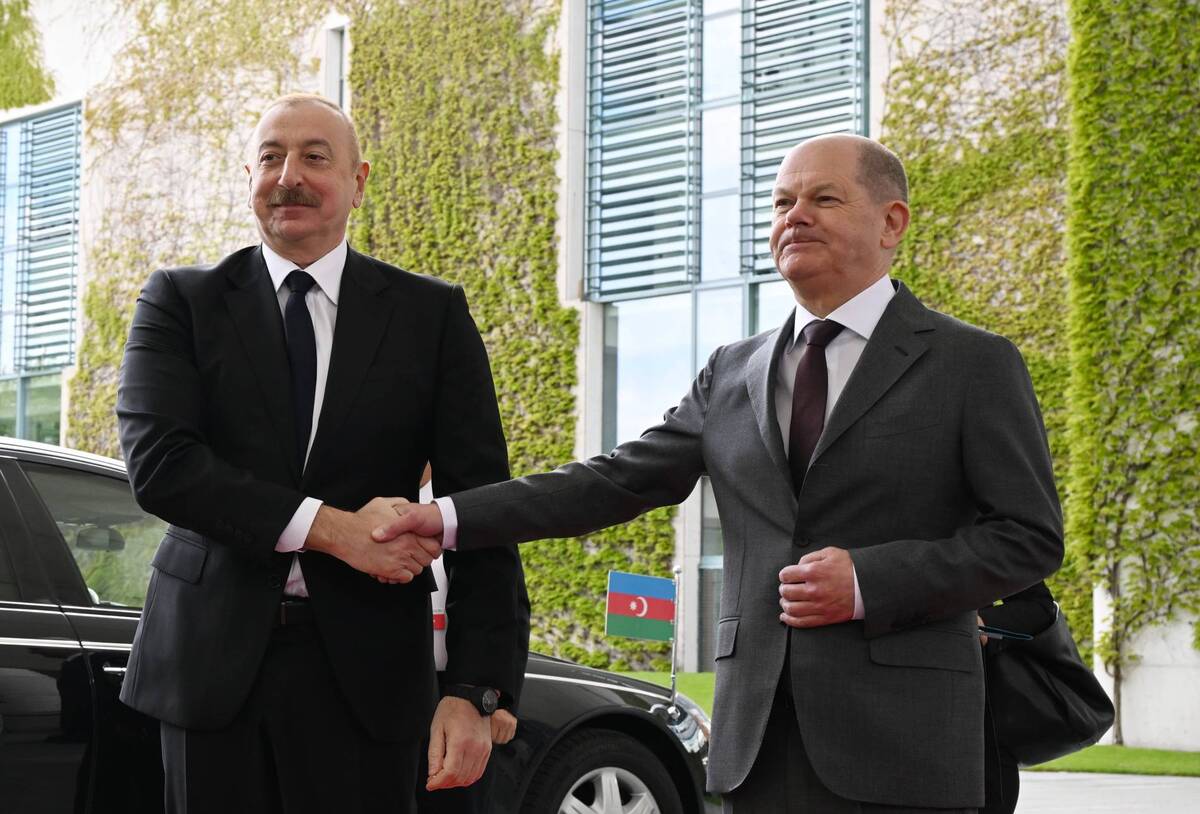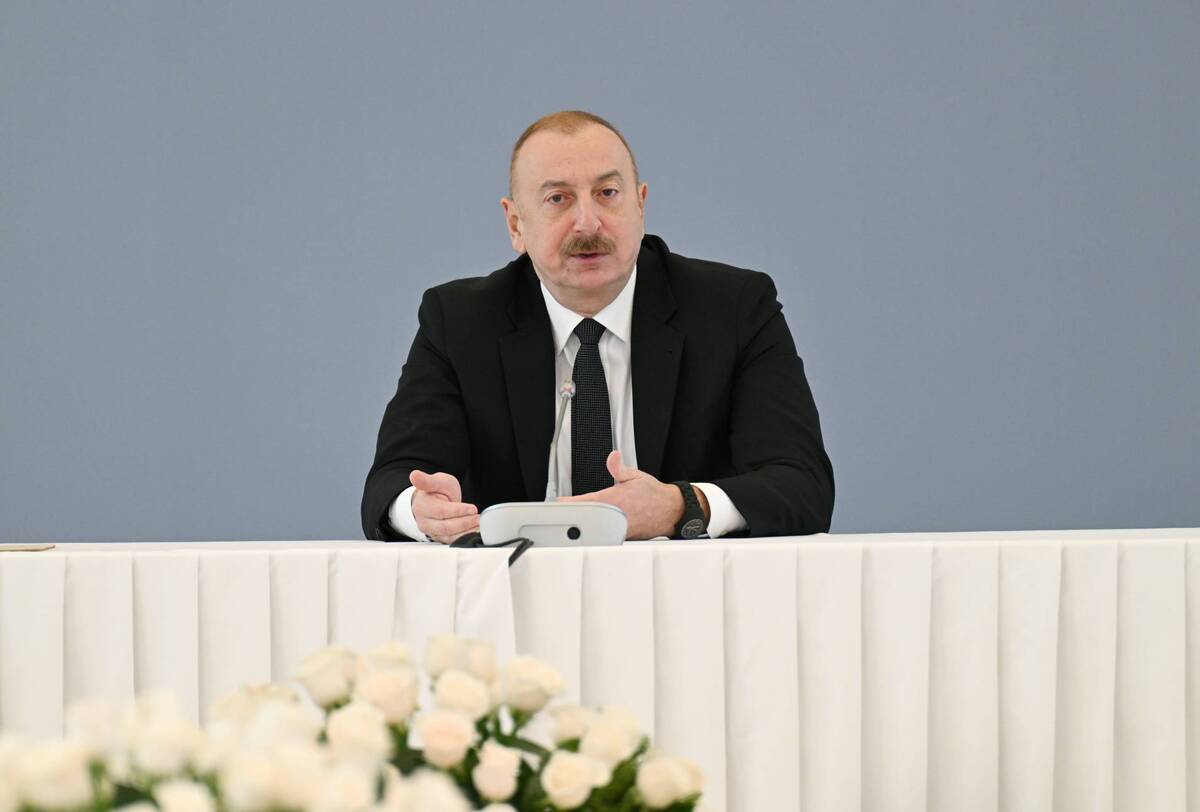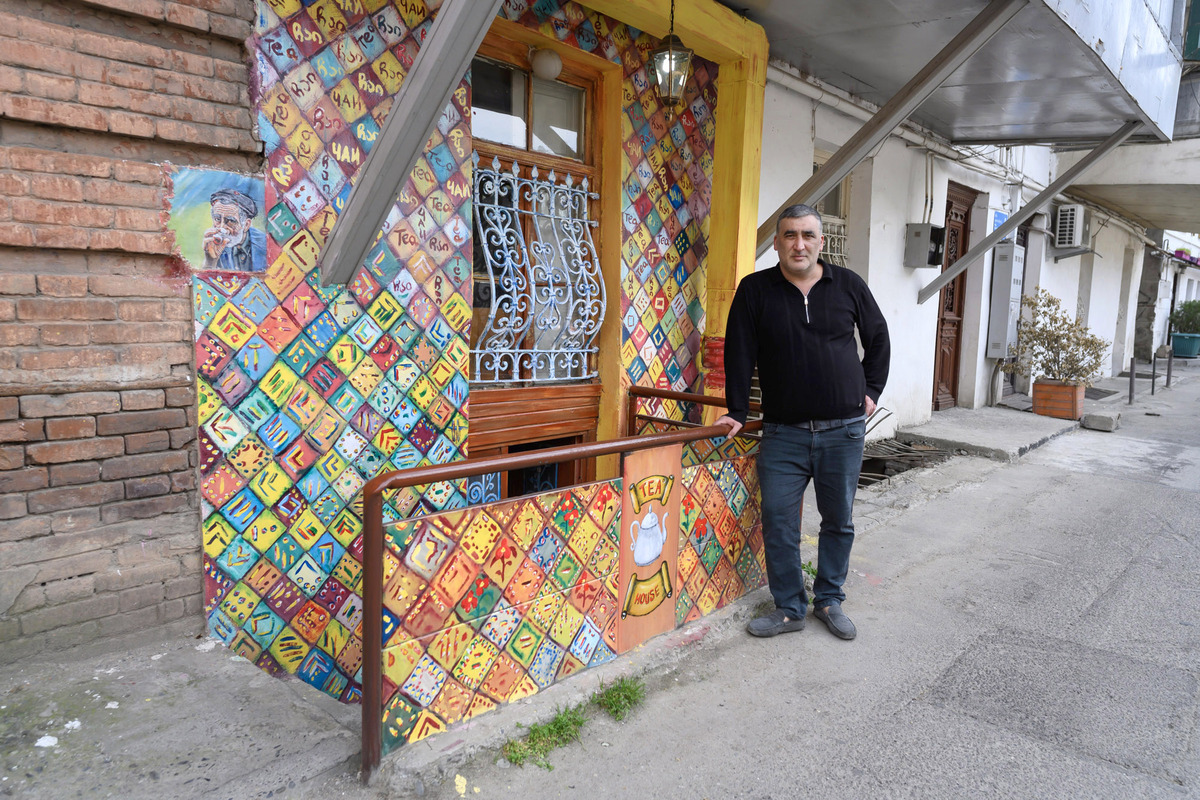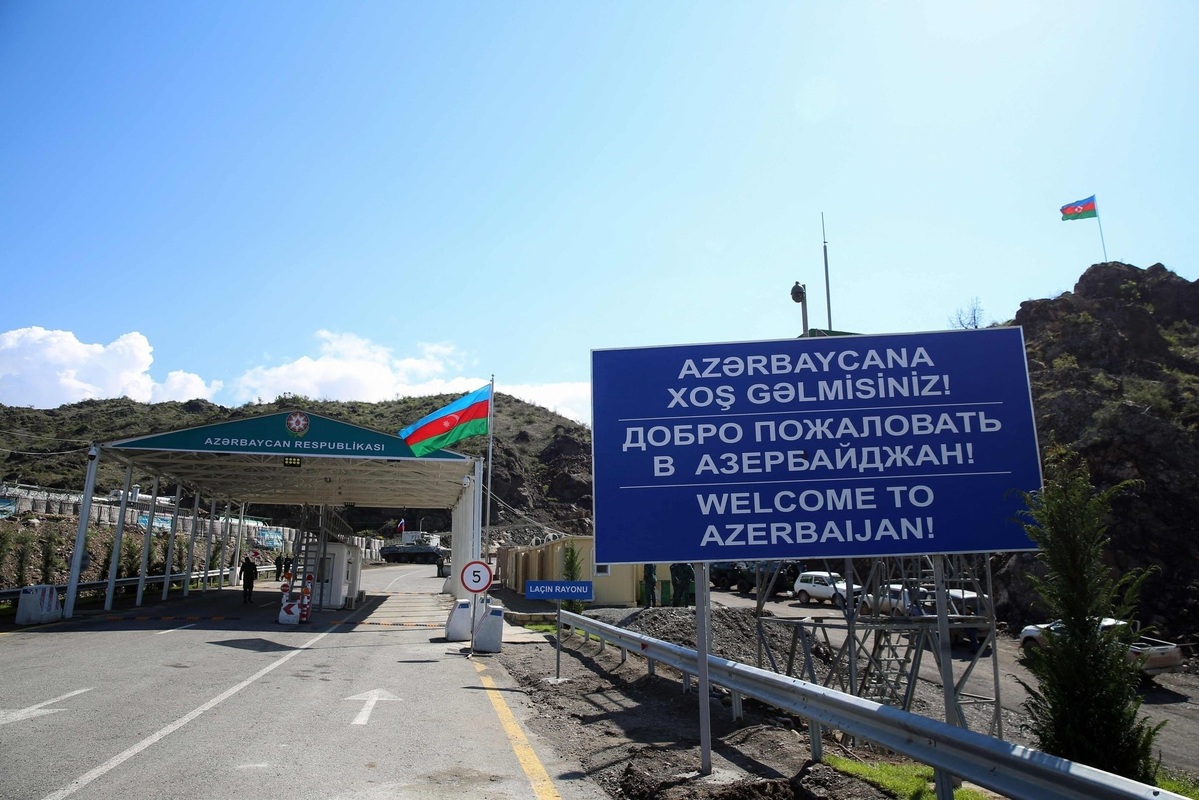- Home
- Armenia, Azerbaijan, and Türkiye Discuss Peace, Development and Connectivity in the South Caucasus at the Antalya Diplomacy Forum
8 March 2024
Armenia, Azerbaijan, and Türkiye Discuss Peace, Development and Connectivity in the South Caucasus at the Antalya Diplomacy Forum
On 1-3 March, Antalya held its annual Diplomacy Forum, with significant focus placed on peace in the South Caucasus and the normalization of Armenia's relations with Azerbaijan and Türkiye.
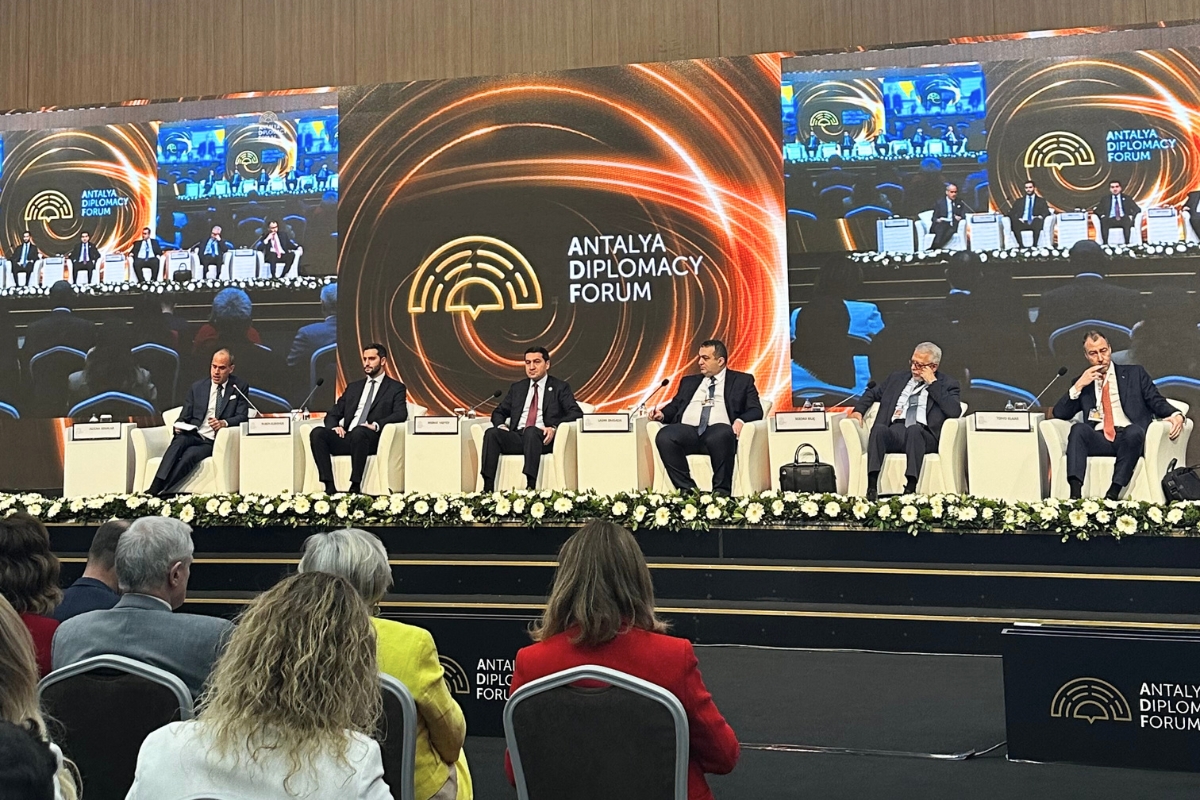
Image: mfa.gov.ge
With this year’s Antalya Diplomacy Forum held under the theme of “Advancing Diplomacy in Times of Turmoil,” it was perhaps only natural that a panel on the opening day of the event held 1-3 March in Türkiye focused on the South Caucasus. This focus comes amidst a lack of further progress in the Armenia-Azerbaijan and Armenia-Türkiye normalization processes. Of course, this was not the first time the Antalya event attempted such a seemingly monumental task.
For example, at the first Antalya Diplomacy Forum held in 2021, former Ter-Petrosyan adviser Gerard Libaridian shared the stage with Azerbaijani Foreign Minister Jeyhun Bayramov, and at the second in 2022, Armenian Foreign Minister Ararat Mirzoyan held his first ever informal meeting with then Turkish counterpart Mevlüt Çavuşoğlu. Also present at that meeting were Ruben Rubinyan and Serdar Kılıç, two diplomats responsible for negotiating Armenia-Türkiye normalization.
This year, both Rubinyan and Kılıç had the opportunity to discuss such matters in the public eye. Alongside them were Azerbaijani Presidential Advisor Hikmet Hajiyev, Georgian Deputy Foreign Minister Lasha Darsalia, and EU Special Representative for the region, Toivo Klaar, to discuss the general region at large. But falling on the day after the resumption of talks between the Armenian and Azerbaijani foreign ministers in Berlin, it was no surprise where the main focus would be.
Yet, amidst the potential for progress, stark realities loom large. Entrenched disagreements between Armenia and Azerbaijan over key issues continue to cast a shadow over the prospect of lasting peace between the sides. Despite efforts to find common ground, divergent viewpoints prevail between Baku and Yerevan, and also Ankara, something that Türkiye’s Kılıç acknowledged on the panel.
“After listening to Ruben [Rubinyan] and Hikmet [Hajiyev], the audience has a clear-cut idea of how sensitive the situation is and how difficult the ongoing negotiations between the parties [are],” he said. Indeed, even TRT World presenter Alican Ayanlar sounded despondent and downbeat after the exchange.
While Yerevan blames Baku for attempting to force concessions from Armenia, Azerbaijan remains concerned about external interference in the peace process. “The peace treaty should not be just for the sake of a peace treaty. There should be real ownership and a real and genuine intention for peace,” said Hajiyev. “Peace lies between Baku and Yerevan. Peace is not in Paris or Brussels.”
Hajiyev also raised the issue of territorial claims made against Azerbaijan and Türkiye contained within the Armenian Constitution. Though Georgia’s Darsalia was largely silent throughout, he did at least voice Tbilisi’s support for the normalization processes between its neighbours. The EU’s Klaar also emphasized the same, particularly the need to unblock regional transportation, including from Azerbaijan to Nakhichevan through Armenia. Ankara’s support here was vital.
“Türkiye is the immediate neighbour of Georgia and Armenia and has a special relationship with Azerbaijan,” he said. “For this reason, Türkiye has a unique opportunity to help forge a durable and prosperous peace [and] cement its role as the region’s leading power.”
Nonetheless, Armenia continues to charge that Türkiye is dragging its feet on opening the border between the two countries, which has been closed since 1993, save for a rare exception last year when Yerevan sent humanitarian assistance to Türkiye following a devastating earthquake. It also still believes that Ankara has failed to meet its July 2022 obligation to open the border for third-country nationals and diplomats by the summer of 2023.
Kılıç, in turn, reminded Rubinyan of the reason why the border was closed in the first place—the occupation by Armenian forces of the Kelbajar region of Azerbaijan—and also why the agreement to reopen it remains unfulfilled. “Certain developments took place in Armenia,” he said, possibly referring to the unveiling by now Yerevan Mayor Tigran Avinyan of the Nemesis monument. The process, however, is not dead.
“I told Ruben several times that I am ready to come to Yerevan to conduct further negotiations, and I have invited him to Ankara,” he said. “But if he puts the opening of borders for third country nationals and holders of diplomatic passports as a precondition for our meeting in Ankara or Yerevan then we have a problem.”
“I would like to propose to Ruben that we meet in Yerevan next week,” Kılıç ended. “We’ll discuss it, dear Serdar,” Rubinyan responded. However, although media reports suggest that such a meeting is expected in the future, an announcement of where and when the two diplomats will resume their official talks has yet to surface.



